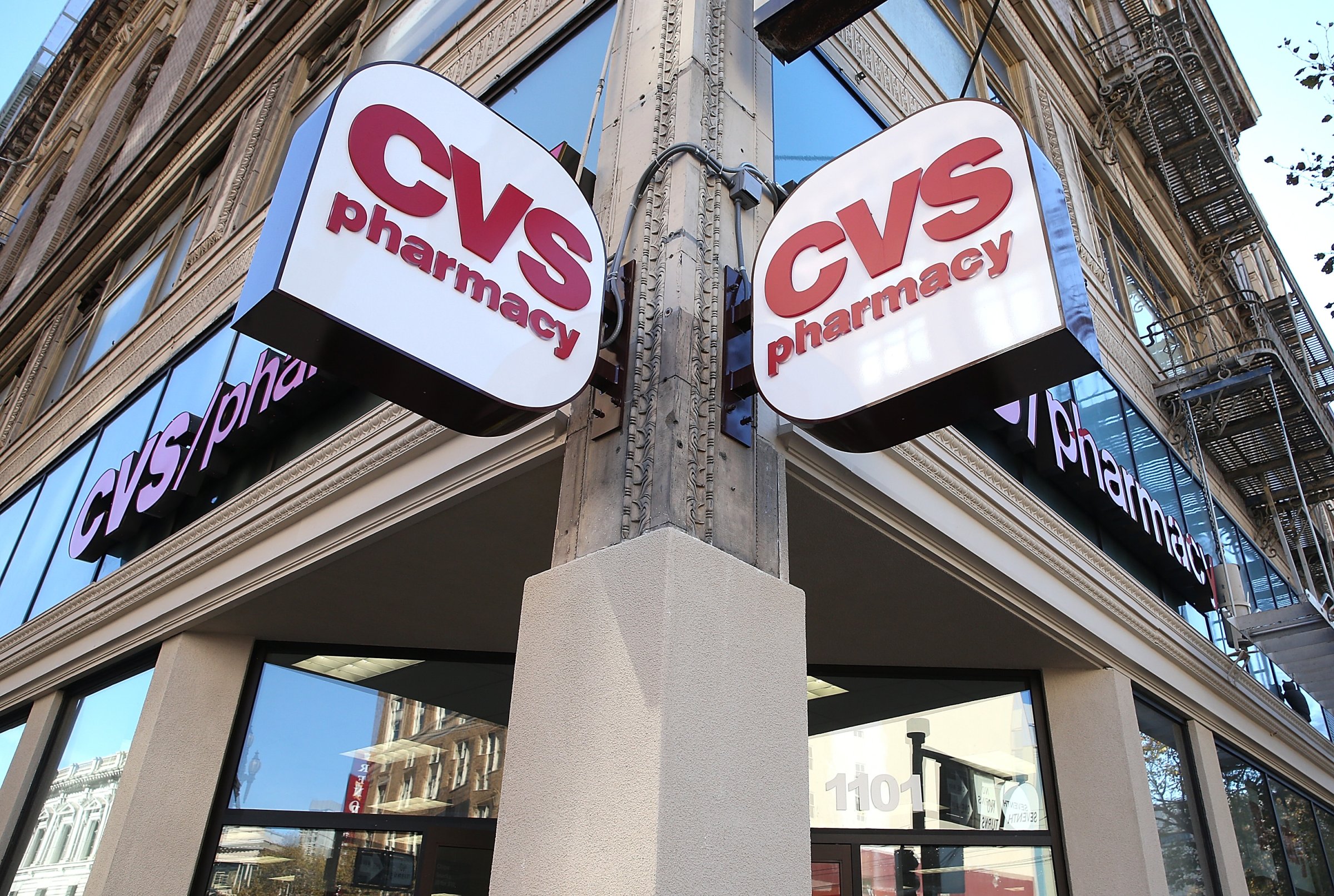
Updated: Feb. 5, 7:40 a.m.
CVS Caremark announced Wednesday that it will remove cigarettes and all tobacco products from its 7,600 pharmacies nationwide by October 1 – costing the retailer an estimated $1.5 billion in annual revenue.
The move addresses what public health officials and pharmacists have long seen as a hypocritical practice: patients picking up medications to treat disease, not to mention smoking-cessation products, can also add a pack of cigarettes to their purchase. In recent years, the disconnect has become even more glaring, as retail pharmacies have increasingly shifted their role in the health-care community, investing in delivering medical services such as immunizations and other basic care through retail clinics, and targeting more wellness-oriented goals. Such health-care delivery, says Dr. Steven Schroeder, professor of medicine at the Smoking Cessation Leadership Center at the University of California San Francisco, “is in clear conflict with the commercial interests of pharmacy chains in selling tobacco products. I think the pressure has been building over the last five years as pharmacies have gotten more into the care-dispensing business.” Schroeder co-wrote an essay appearing the latest issue of the Journal of the American Medical Association with CVS Caremark’s chief medical officer, Dr. Troyen Brennan.
MORE:Thank You, Surgeon General: Tobacco Control Has Saved 8 Million Lives
The American Medical Association (AMA) supported the decision, noting that reducing access to tobacco products is one part of a multi-pronged approach to lowering smoking rates in the U.S. In 2009, the Association urged pharmacies to stop selling tobacco products, a position echoed by the American Heart Association, the American Cancer Society, the American Lung Association, and the American Pharmacists Association.
President Obama issued a statement Wednesday morning praising the step, as well. “As one of the largest retailers and pharmacies in America, CVS Caremark sets a powerful example, and today’s decision will help advance my Administration’s efforts to reduce tobacco-related deaths, cancer, and heart disease, as well as bring down health care costs,” Obama said.
Other aspects of the anti-smoking effort include taxes on tobacco products and increased education and awareness about the dangers of smoking, a strategy that began 50 years ago with the first Surgeon General Report on Tobacco, which linked smoking to lung disease, including cancer. Tobacco and smoking causes nearly 500,000 deaths each year in the U.S., and costs $132 billion in medical expenses, according to the latest Surgeon General Report.
MORE: Surgeon General’s Report on Tobacco Has a New Target: E-Cigarettes
Public health officials hope CVS’s decision will prompt other pharmacy chains to do the same, and build on the regulatory and cultural momentum that is marginalizing smoking. Wider bans on lighting up in public, hotels, planes, and office buildings has helped to drop smoking rates from 42% of U.S. adults in 1965 to 18% currently. Still, 42 million Americans light up, and by making cigarettes scarcer, it’s possible more smokers may consider kicking the habit. “If someone comes into CVS to buy a pack of cigarettes, and CVS isn’t selling them, they might think that it’s time to quit,” says Schroeder.
This article has been updated to include President Obama’s statement.
More Must-Reads from TIME
- Donald Trump Is TIME's 2024 Person of the Year
- Why We Chose Trump as Person of the Year
- Is Intermittent Fasting Good or Bad for You?
- The 100 Must-Read Books of 2024
- The 20 Best Christmas TV Episodes
- Column: If Optimism Feels Ridiculous Now, Try Hope
- The Future of Climate Action Is Trade Policy
- Merle Bombardieri Is Helping People Make the Baby Decision
Contact us at letters@time.com